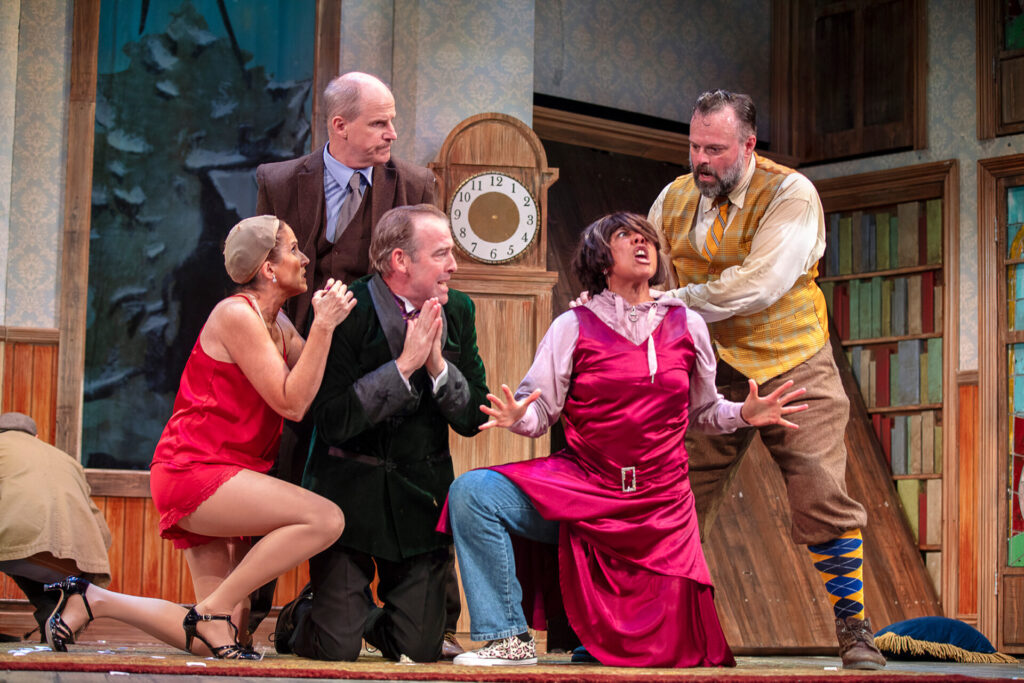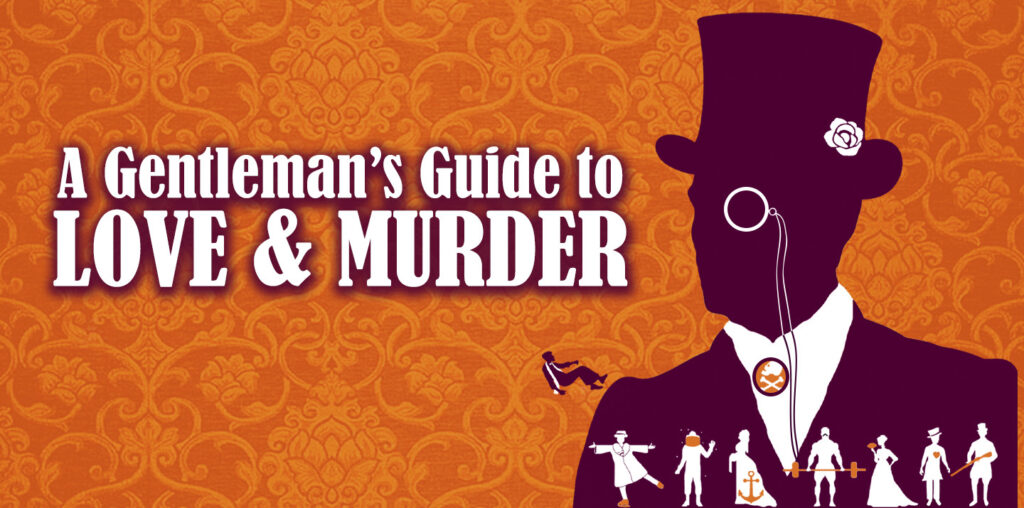The Partita in C Minor, BWV 826, began the program. Mr. Goode displayed his formidable talents at the keyboard from the opening notes. A few in the audience were unaware that the pianist occasionally sang, mumbled, even quietly moaned while playing. This hardly mattered since he reined in his vocal exuberance this evening.
Chopin featured twice on the program, once before intermission, and, later, after intermission. Three Mazurkas, Op. 59, came first. In the program notes by Kristin Grimshaw, we are informed that the Mazurka is a dance form, but the fifty-six Mazurkas by Chopin can hardly be called dances. Rather, they are moody, introspective, flamboyant, poetic essays into Chopin’s inner thoughts and feelings. Chopin was Polish, and that country’s war-torn history informed much of his music. Intriguing to think that the Polish National Anthem is a Mazurka. For a fascinating video of Polish history involving Napoleon, among others, refer to this link.
Birth records indicate February 22, 1810, as Chopin’s birthday. However, he desired it be known that he considered his birthday to be March 1, 1810. So, to be on the safe side, celebrate his birthday with a glass of champagne on both days.
For something not often heard in today’s recitals, three pieces by Gabriel Faure (1845-1924) were featured: his Barcarolle in G-flat Major, Op. 42 (1885); Nocturne in A-flat Major, Op. 33, No. 3 (1883); and Nocturne in D-flat Major, Op. 63 (1894). Three short pieces played with the utmost finesse by this seasoned artist.
The second half of the evening was devoted to Chopin’s Piano Sonata in B Minor, Op. 58 (1844). Filled with mystery building to relentless power, this sonata inspires and thrills an audience. Lost in reverie, we experienced the battles of Poland. How the Poles under Napoleon seized control from its captivity to create the Duchy of Warsaw, only to be reconquered again after Napoleon’s defeat by Russia in 1812. This melancholy truth haunted Chopin, as he no longer had a country, since Poland had been absorbed by its neighbors. It took nearly a century for Poland to become a state once more.
Finishing the great sonata, Richard Goode faced warm applause in the most reticent manner possible, with several returns to receive his continued accolades.








